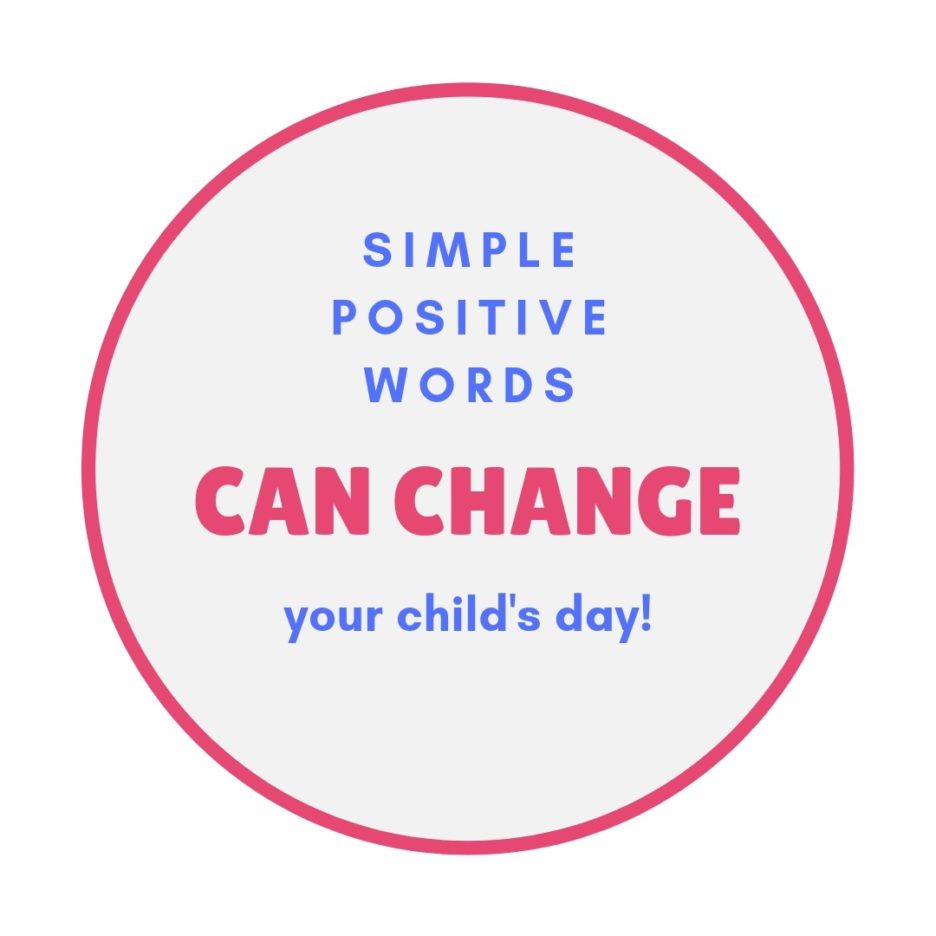Tired of feeling like you constantly nag to get your kids to listen? What about feeling so frustrated that they seem to tune you out completely? When our children don’t listen, we may become upset and wind up saying comments that sound negative. In the end, our kids still may not listen, and we are left feeling drained. To help put an end to nagging, reframe your words to positive phrases.
Children are constantly learning
Children are constantly learning, and the words we choose to use can have a direct impact. It is always preferable to tell a child what they should be doing rather than what they should not be doing. I’m sure you are familiar with the following: instead of telling a child to stop running in the hall, a teacher would remind them to walk. Parents can use this same positive practice in the home. It is far better to say, “Please keep your room clean” rather than “Don’t make a mess.”

Increase listening skills
Every positive word has an effect on both the parent and the child. Positive phrases will help to increase a child’s listening skills and cooperation. With this compliance, there is mutual respect and a stronger bond in the relationship. For instance, instead of saying “I don’t want you playing video games anymore”, try saying “I prefer if you go outside and ride your bike.” You are providing your child with options that they may not have considered. The positive phrase sounds more like an invitation versus an unwanted demand.
The grumbling child
Some children seem to be “hard-wired” towards problems and negativity. They have a way of noticing and commenting on even the smallest of problems. They focus more on what is wrong than what is right. You may notice that they tend to be more reactive and use negative words when communicating with others. Perhaps they even engage in nagging behavior. Using positive phrases can benefit the grumbling child by helping to build their own communication skills and a growth mindset. For example, when your child says, “I can’t do this”, model the positive phrase “I will try to do this.”

Not sure where to begin?
Being cognizant of all the things we say may be difficult. A simple trick is to remove a negative word from your vocabulary. Try removing the word “don’t”. It is better to say “Please…” than to say “please don’t…” Another tip is to replace the word “don’t” with “prefer”. “I prefer if you…” works better than saying, “I don’t want you to…” Create a family poster that has everyone’s favourite positive phrases list and hang in a central place. Place post-it notes in your child’s lunch bag. For older children, leave it on their pillow case or a bathroom mirror.
5 Positive Phrases to Say
- “You always make me smile.”
- “I believe you can do this.”
- “I prefer if you do this the first time.”
- “I love you!”
- “I’m proud of you.”
It takes some practice, but once you get the hang of it, you will see the benefits of using positive phrases. Providing a positive, loving, and nag-free home is truly valuable for all. I am confident you can do it!
Do you focus on positive phrases in your home?
Share this Post








Comments
I loved your article. keep it up.
I also found a unique website that offers personalized portraits for babies and children. They saved us when we missed our photoshoot due to the pandemic. Try them out!
Here’s the link: https://loveandbub.com/